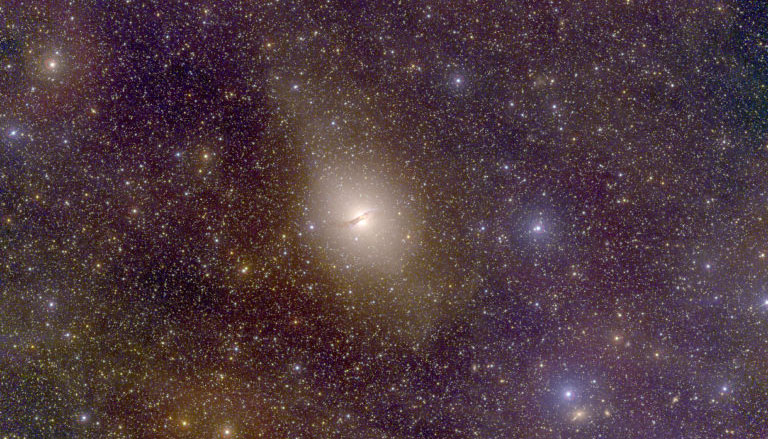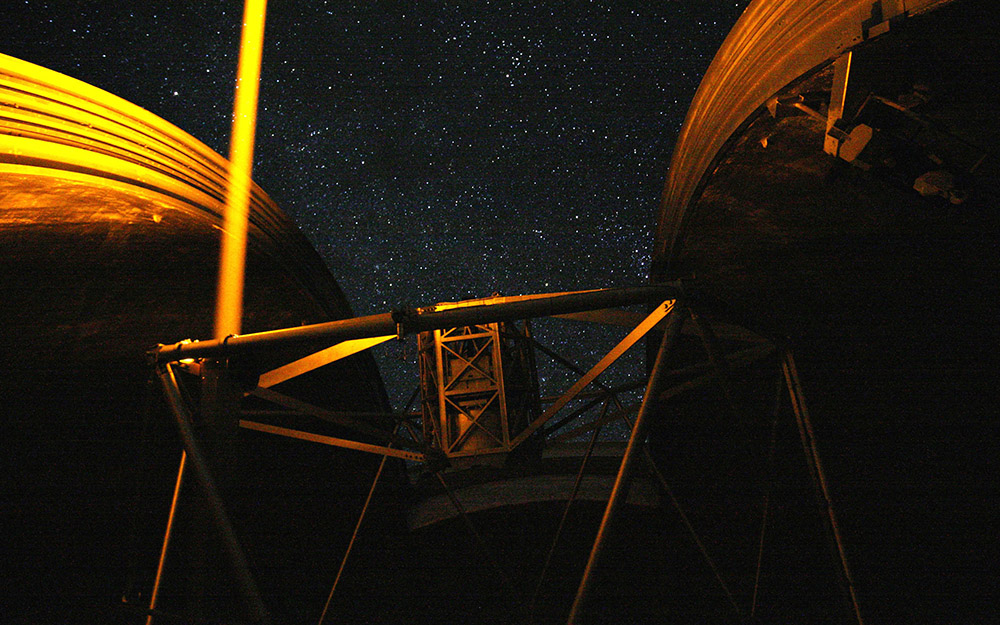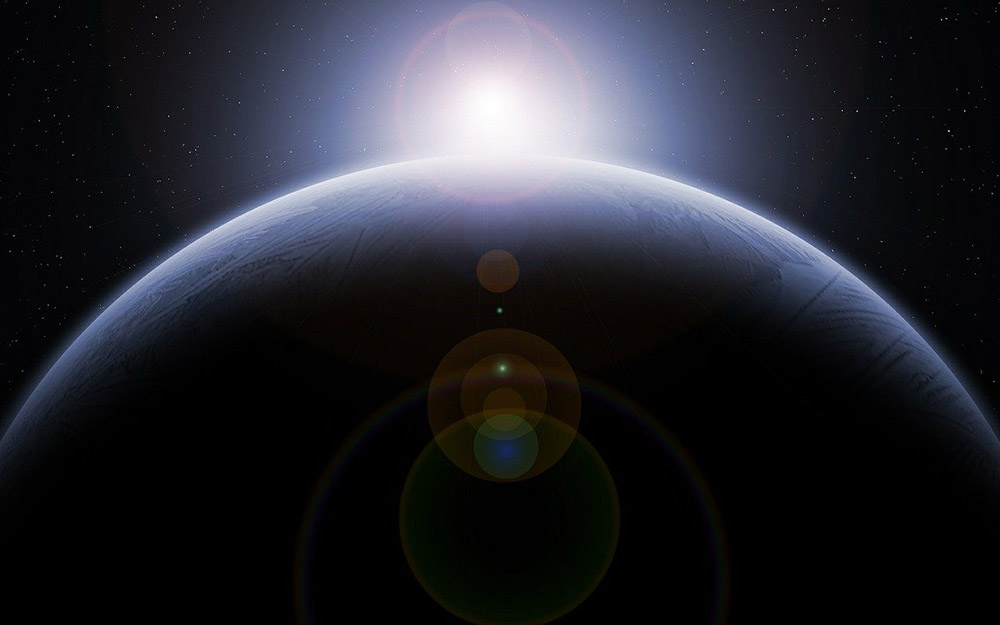The Future of Fundamental Science
Understanding Our Universe

Revealing the Unseen: Neutrinos and the atoms of the periodic table make up only 15% of the matter in the universe. The rest is composed of some yet-unknown particles, provisionally called “dark matter.” Our students and faculty are working to unmask its identity with a wide variety of tools ranging from telescopes and atom-smashers probing the smallest structures of matter, to mathematical equations that prove properties of dimensions that cannot be seen.

Scanning Skies and Smashing Atoms: In our quest to decipher the mysteries of the universe, our scientists make use of the world's most powerful laboratories and observatories. UCI's physicists and astronomers play leading roles in charting the scientific direction of facilities including the Large Hadron Collider in Switzerland, the Super-Kamiokande Neutrino Observatory in Japan, the Hubble Space Telescope orbiting the Earth, and many more. Our membership in the University of California Observatories puts UCI astronomers in the driver's seat at the twin ten-meter telescopes of the Keck Observatory in Hawaii. We are actively involved in developing the next-generation Thirty Meter Telescope and shaping the science mission of NASA's next flagship observatory, the James Webb Space Telescope.

Astrobiology: If life exists beyond Earth, our scientists will be part of the vanguard that discovers it. We’re searching the cosmos for distant exoplanets that could contain the right ingredients for harboring life, and we’re behind the design of telescopes that are making such searches possible. And when we’re not looking for extraterrestrial life in the night sky, we’re looking for it here on this planet, where, in our chemistry labs, our scientists are pinpointing the biochemical processes that might be helping life beyond Earth survive.
